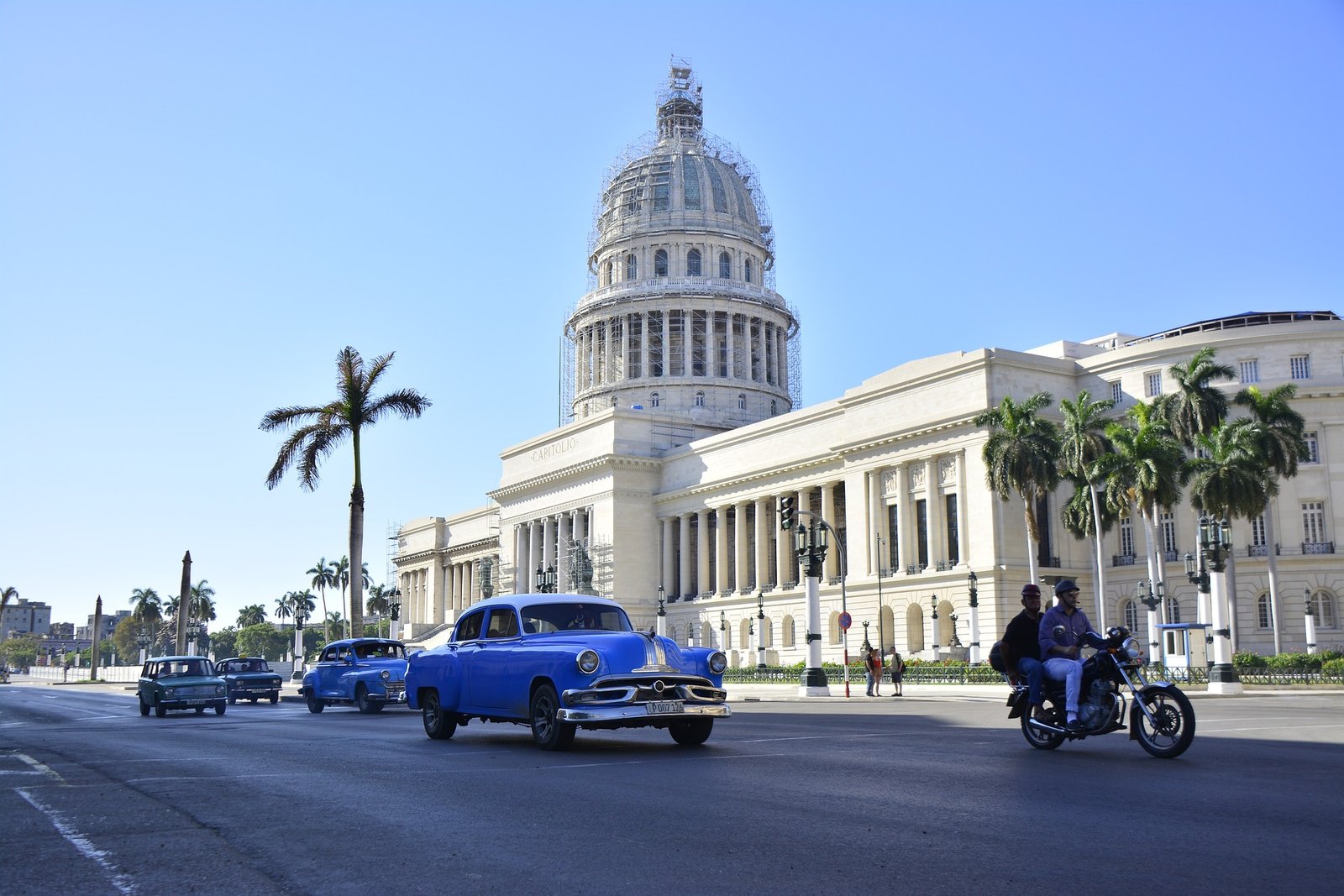Recently, for the first time in over 2,200 years the seven wonders of the world were reassessed. Over 100 million people voted and decided that the Great Wall of China, Rome’s Colosseum, Chichen Itza in Mexico, Petra in Jordan, Machu Picchu in Peru, Rio’s Christ the Redeemer and the Taj Mahal would make the best new wonders.
Certainly narrowing down the finalists from an initial list of hundreds can have been no easy task – most countries can probably compile a list of seven themselves. Cuba, which is of course my speciality, has many architectural and cultural triumphs worthy of celebration. Hell, even Havana itself has enough aesthetic wonder and cultural heritage for me to wax lyrical for several pages. In the interests of brevity and in matching the arbitrary figure placed on the number of wonders allowed in one world, I shall limit my list to seven sites worth examining on a Havana holiday.
The Seven Wonders of Havana
The enormous square has seen many political rallies and the feel of history and importance of the area is tangible. The square’s podium has seen many important political speeches from Fidel Castro and other prominent figures on important days in the Cuban calendar. While Castro is infamous for his long speeches, the public events always prove popular, attracting over 1,000,000 Cubans over the years.The square is dominated by the impressive José Martí memorial – a tower in honour of a national hero killed in the 1895 Second war of Independence. At 138 feet high, the imposing structure is the highest point in the city and visitors may take a lift to the very top of the building. Behind the memorial are the offices of Fidel Castro himself, and opposite is the iconic image of Che Guevara that marks the Ministry of the Interior’s building – a staple sight on any Havana holiday.
Museo Nacional de Bellas Artes
This modern art museum is divided into two distinct part. The Collección de Arte Cubano is dedicated to Cuban art created between the 16th and 20th century, while The Collección de Arte Universal has a far wider scope. It includes art from Italian, French and Dutch painters as well as including artefacts from Latin America and ancient Greece.
Cigar Factories
Cuba is practically synonymous with the word “cigars” and a visit to one of the three major Cuban cigar factories in Havana can give a good indication as to why. The three main factories give tours which allow the visitors to see the hand rolled cigars in production. Partagas is the oldest factory (founded in 1827) and keeping with tradition hires a reader to entertain the workers by reading aloud. Partagas and the two other main factories, La Corona and Romeo y Julieta have shops attached which allow visitors to purchase cigars as souvenirs.
Museo de la Ciudad
The building that now houses Havana’s museum treasures has a past that predates the revolution and evokes images of when Cuba was a non-Communist state. The building once housed the island’s colonial governors and was the palace of the Captains General. Built in 1791, the museum’s exhibits give a feel of the history of Havana – from the city’s foundation to the present day. The museum naturally devotes a sizable section to the Cuban wars for national independence, but also houses a diverse range of other exhibits showcasing the island’s art, porcelain, paintings, furniture, folklore and archaeology.
Capitolio Nacional
An important landmark in the centre of Havana, the Capitolio Nacional is an impressive site. It looks remarkably similar to the US Capitol in Washington DC, and is now home to the National Library and Academy of Sciences. Some of its rooms are also used for state events, in a nod to its history where it once seated members of the Cuban congress. Directly underneath the memorable dome, an imitation 24 carat diamond is set into the floor, which measures the distances between Havana and all Cuba’s other sites.
Habana Vieja
The old city was founded in 1519, and was often a target for pirates which explains the dilapidated, yet still imposing, remains of Havana’s city walls. Nowadays the old city includes museums, hotels, shops and restaurants to line the picturesque cobble stoned streets. The plazas are marked by meticulously restored colonial buildings and attractive churches, which make the perfect backdrop for Havana’s old city life as it goes by. The region also includes La Bodeguita Del Medio – a bar made famous thanks to its patronage by Mr Ernest Hemingway.
Museo de la Revolucion
What used to be the Presidential Palace and Cuban Government’s HQ is now fittingly a museum of the revolution that saw them ousted. The building is still aesthetically astounding, but the insides have changed to house pieces, photography and documents pertaining to the Cuban Revolution. The building isn’t the only imposing sight upon approach to the museum – out the front is the tank driven by Fidel Castro during the Bay of Pigs battle, and behind is the yacht that brought Che Guevara and Fidel Castro from Mexico to Cuba in 1956.
Aside from these main aesthetic Cuban wonders, there are countless other things to do in Havana. It is truly a magnificent city – a one of a kind mixture of 1950s America and Caribbean lifestyle. If you are considering a holiday to Havana, this list will really help you get into the Cuban spirit and gain an insight into the rich history of the city.

